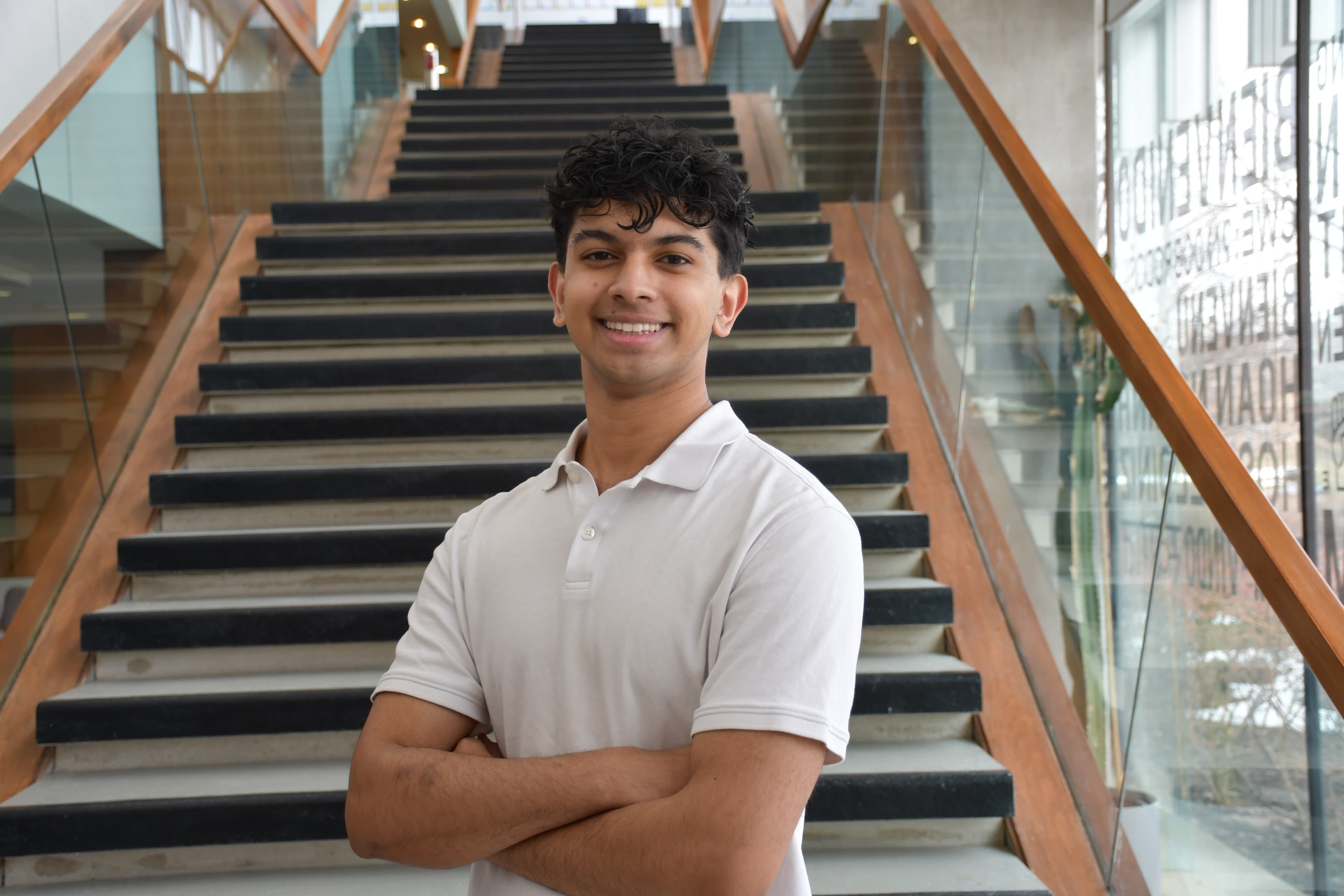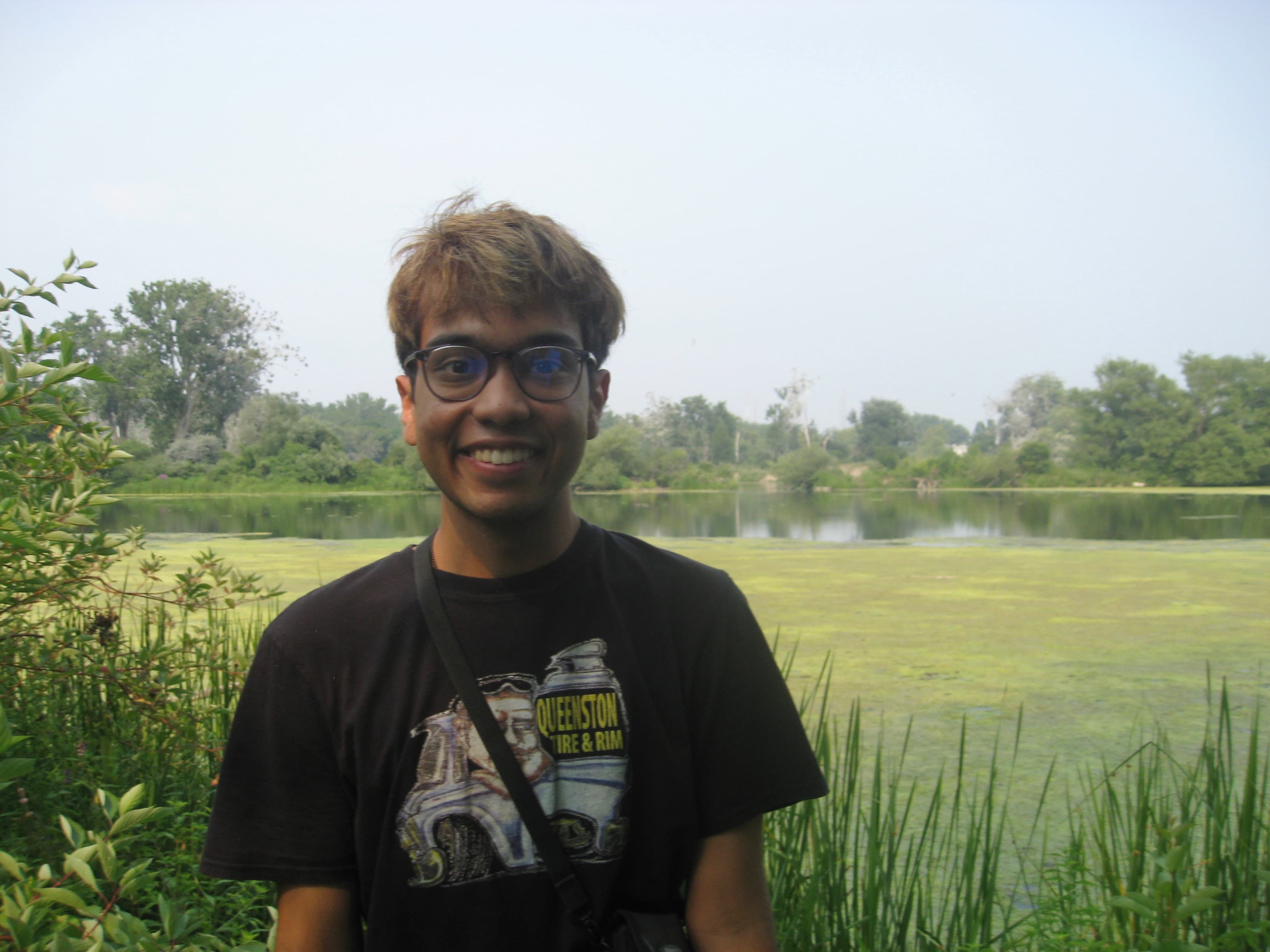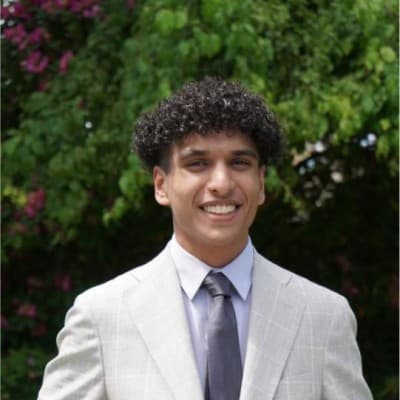your access point to the world's technology.
find out howTechnological progress is growing exponentially every year, and we're about to face the largest jump in capability witnessed yet.
Lots of worthwhile investment goes into pushing that frontier, but recent AI growth is making it possible to optimize its access, and its use. To catalogue the state of the world's technology and organize its retrieval, tailored to any given user at the right time – essentially, solving the distribution and accessibility problem for the world's tech.
Veena is the rails and the infrastructure for that distribution – we're the centralized data warehouse of what exists, the interface for its tailored use, and the agent that can understand your organization and its needs better than you ever could.
The rails to share and access technological progress in the age of AI. Let us know if you want in early.
yours,
the veena team
how
a ridiculously unfair advantage
veena, your company's AI brain
when
stage 1: veena, the AI brain
produces value through what AI can do with a context-perfect mapping of your organization.
stage 2: veena, the wealth of knowledge
produces value through ownership of an enormous data center of centralized technology knowledge. A second wave of PMF is established, and capacity begins to democratize technology access and have a large-scale social impact.
who

sheldon lewis
founder & ceo
waterloo cs openai, mercor, amazon, youngest ever at 3 companies 2 startup exits, 30+ employees led 10x national/international math comp wins at age 5, decided extreme poverty was the problem i'd spend my life solving and never wavered. got into tech for the sole purpose of building a multi-billion dollar AI enterprise that maximizes tech accessibility naturally through scale.

areeb rasul
founding design engineer
waterloo cs first design intern at toronto energy startup got 150k likes, 10k followers, 5-fig MRR from drawing at the age of 16.

taric somani
founding growth hacker
waterloo mathematical physics first growth intern at toronto energy startup
why
when i was really young, i was really good at math. like winning national competitions, 8 years ahead in class, breaking records good at math. everyone around me told me i could do anything i wanted. at the same time, i was an indian-canadian son, born into privilege in canada, and my only exposure to my roots was through my mother's stories. she told me about growing up on the streets of india, living on under $1/month for her and her 4 sisters, and the horrors that she and half of the world have to face every day.
that was it for me. when i was 5, i was set on my thesis. if i really could do anything, get good enough at anything to make it my career, then i wanted to spend my career figuring out how to solve extreme poverty.
in high school, i ran charities. it didn't take long to realize the charity system was broken. trillions of dollars fed into a problem that should take just billions to resolve, and the problem was somehow worse. i read case studies of wells, schools, electrical infrastructure built, just to be unusable in less than 5 years. that was when veena's founding principle started to show up: you can't help someone else progress if you don't know what progress is to them. the best thing you can do is give them the ability to determine, and work towards their own definition of progress.
that begs a super important question: what is progress? what's missing in other parts of the world that we're lucky to have here? tons of problems are fed by the world's economic disparities, but what drives a successful economy? technology. that was the case through any angle - if a successful economy is driven through strong leadership or policy, which are driven by transparency and education, which are driven by - you guessed it, back to technology. seeing the problem as a technology disparity made things much clearer. i observed the exponential growth of technological potential, the growth of AI in the early 2020s, and saw an opening: technological progress is going to keep compounding exponentially, so what if i can find a way to make that progress as accessible to as much of the world as possible?
i went to waterloo, studied engineering, computer science, ai, learned to code, learned from big tech companies, learned from openai, learned from founding projects and the startup space, learned from travelling and an influx of culture and perspective, built my reputation, and got ready to build veena.
to make technological progress accessible, you need a few things: a centralization of the world's technology, and the logistics of its implementation (1 - data warehouse). next, someone to use that data. realistically, consumers don't have the leverage to be able to implement much themselves for their benefit. besides, no matter where in the world you are, you have some benefit from economies of scale. therefore, (2 - a company or organization) is a better target to benefit from the technology we're aggregating.
that brings forward the need for a system to be fed complete context as to the current state of an organization - a sort of digital twin. a perfect mapping, made from document infusion, as well as retrieving every piece of data it can collect from querying those at the company who have additional, subtler context. with those 2 pieces, an operator can work with this system to optimize their use of technology to reach their goals.
veena is my mother's name. i named the company in honour of her, for 3 reasons: firstly, her story. growing up in extreme poverty, working her way to a master's degree despite her parents never learning how to read, moving to canada, and supporting and taking care of a family of 4 practically alone - her story is a perfect analogy for the journey we want to make possible using veena, at the scale of billions. secondly, my attention. i used to wake up confused by the fact that no one else woke up thinking this was the most important thing they could spend their day on. over time, i realized why - it's nearly impossible for us as humans to look outside of our bubble, especially as we age. this problem would never have been part of my bubble, if it weren't for the stories my mum told me at such a young age, and the self-belief she instilled in my abilities at the same young age. attention is a gift, and mine would never be where it is, to make this happen, without her. thirdly, it's just a great startup name. two syllables, rolls off the tongue, and it's unused. how often do you come across that nowadays?
we see the potential for a world in which technological progress has the effect of naturally and indiscriminately benefitting humanity, and we're sprinting to build veena in order for that world to exist. there are plenty of challenges coming - lots to learn, lots to fight, lots to build - but there's nowhere else we'd rather spend our attention. after all, it's all we have to give.
yours,
sheldon lewis